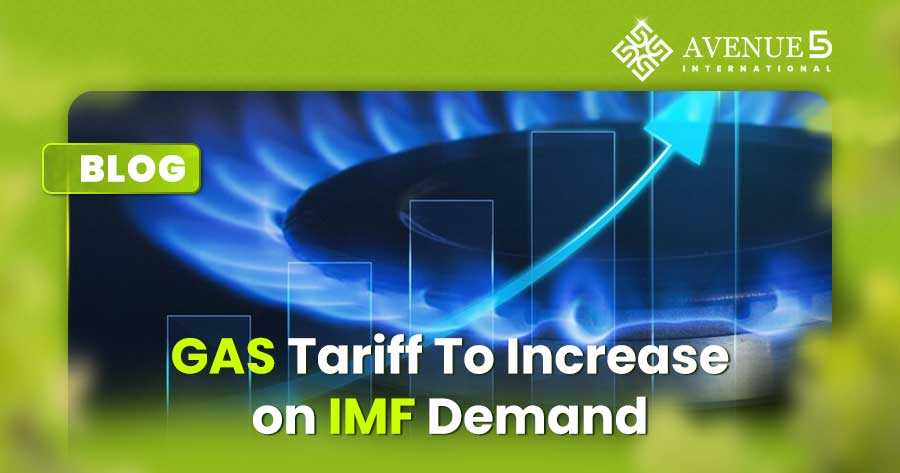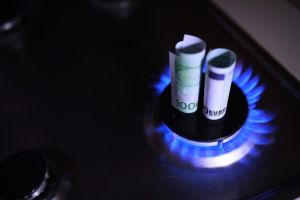
In recent news, there has been a significant debate surrounding the increase in gas tariff, driven by the demands of the International Monetary Fund (IMF). Moreover, The prospect of higher gas prices has sparked controversy and concern among citizens, policymakers, and economists alike. In this blog post, we will explore the reasons behind the proposed tariff hike and its potential implications for the economy and the general population.
Understanding the IMF’s Demand
The IMF is an international organization that provides financial assistance and policy advice to its member countries. When a country faces economic challenges, it can turn to the IMF for financial support. However, this assistance often comes with conditions, such as implementing specific economic reforms. One such reform often demanded by the IMF is the reduction of government subsidies on essential commodities like gas.
The IMF argues that reducing subsidies can have several benefits for an economy:
Fiscal Sustainability
Subsidies strain a country’s budget by increasing the fiscal deficit. Reducing these subsidies can help a country maintain fiscal discipline and allocate resources more efficiently.
Market Efficiency
Subsidies can distort market prices, leading to overconsumption and wasteful use of resources. Removing them can promote market efficiency and encourage conservation.
Targeted Assistance
Instead of providing generalized subsidies, governments can allocate funds more effectively to support vulnerable populations directly, ensuring that those who need assistance the most receive it.
Investor Confidence
Implementing IMF-recommended reforms can boost investor confidence, attract foreign investment, and stabilize the national currency.

Challenges and Concerns
While the IMF’s recommendations have merit, they are not without challenges and concerns:
Social Impact
Gas tariff hikes can lead to higher costs of living for ordinary citizens, particularly those with limited incomes. This can disproportionately affect vulnerable populations, leading to social unrest.
Inflation
An increase in gas prices can have a cascading effect on overall inflation, impacting the prices of various goods and services. This can erode the purchasing power of consumers.
Economic Growth
Some argue that austerity measures, including tariff hikes, can stifle economic growth, as increased costs for businesses can lead to reduced investment and job creation.
Political Backlash
Implementing unpopular measures like tariff hikes can also trigger political backlash, making it challenging for governments to maintain public support.
Finding a Balance
Balancing the demands of the IMF with the well-being of the population is a complex task. However, It is crucial for governments to carefully consider the following strategies:
Phased Approach
Implementing tariff hikes gradually over time can mitigate the shock to consumers and businesses, also allowing them to adjust to the new pricing structure.
Compensatory Measures
However, Governments should consider targeted cash transfers or subsidies for low-income households to cushion the impact of higher gas prices.
Communication
Effective communication is essential to convey the necessity of such reforms to the public. Governments should be transparent about the reasons behind tariff hikes and their long-term benefits.
Investment in Alternative Energy Sources
Moreover, To reduce dependency on fossil fuels, governments should invest in renewable energy sources, which can offer long-term energy security and environmental benefits.
The demand for an increase in gas tariffs by the IMF is also a complex issue with both potential benefits and drawbacks. While fiscal sustainability and market efficiency are crucial for a nation’s economic well-being, it is equally essential to protect vulnerable populations and ensure social stability. However, Striking a balance between these competing interests is the challenge that policymakers must navigate to secure the best outcome for their countries. As citizens, it’s essential to stay informed, engage in constructive dialogue, and hold our leaders accountable for decisions that impact our lives and the economy.
Visit Avenue5International for the latest real estate news and blogs.
Visit Times Square & The Dunes Mall for our project information.

